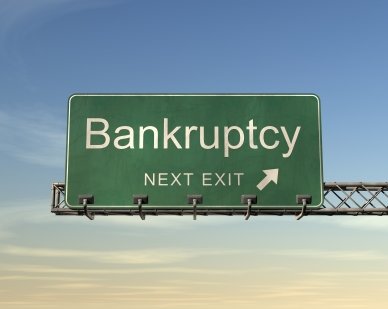
Pollster and analyst Scott Rasmussen writes the following:
“Along with spending on national defense and interest on the federal debt, spending on entitlement programs consumes the overwhelming majority of the federal budget. But a close look at the data shows that it’s not a voter sense of entitlement that is driving the process. Quite the contrary. The two biggest entitlement programs — Social Security and Medicare — are seen by voters as trust funds they pay into during their working lives and then get back in their retirement years. That’s what President Franklin D. Roosevelt sold voters back in 1935. He wanted the ‘contributors’ to have a ‘legal, moral and political right to collect their pensions.’ That’s what voters still want today.”
Yes, but … By what right did government ever take money from those to whom it belonged, in the first place?
The whole premise of Social Security and Medicare is that people will not take care of themselves, plan for their retirement or purchase health insurance in a free market. Therefore, it follows, that government must take care of this for them.
If that’s true, then how or why are people expected to purchase their own houses? Or their own groceries? Or their own automobiles? If people are too helpless to plan for and purchase insurance, then aren’t people too helpless to do other equally important things?
Also, if everyone is truly this helpless and irresponsible, then by what means is our caring government to pay for all of this? Right now, government borrows forty cents on every dollar it spends. This means that 60 cents of the trillions being spent on Medicare and Social Security are still coming from people who actually produce wealth and income, and therefore have taxes to pay. Are the people who pay for 60 percent of this multiple trillion-dollar welfare state economy really that helpless and irresponsible?
This is where the inherent dishonesty of the whole Social Security and Medicare scheme is exposed. If people are able and willing to provide for these services, they can and will do so. If they cannot, then no government system of health care and retirement insurance, on such a massive scale, would ever be possible. The scam in the whole thing isn’t a Ponzi scheme so much as an unwillingness to admit that Medicare and Social Security are, in fact, welfare schemes. The reason government wants these programs is that some people are unable and unwilling to purchase health/retirement insurance on a free market (if one existed for these services); therefore, funds from those who have must be transferred to those who do not.
The ultimate climax of this whole scheme is when it becomes so utterly bankrupt — and government is faced with borrowing 90 cents on the dollar rather than “only” 40 cents to pay for them — that some will face a reduction in benefits. You’re already hearing in both parties, from both left and right, that “The most well off don’t need Social Security or Medicare. We ought to save it for the less well off.” Whether you think this should happen or not, sooner or later it will have to happen, because these programs are by their very nature fiscally unsustainable, especially as the population ages over the coming 10-20 years.
It all started with FDR saying, “People are entitled to having their own pensions given to them.” The pretense here is that people voluntarily purchased pensions from a private company. And of course in such a context, the claim to having a right would be true. But there’s no choice about participating in Medicare or Social Security. You pay into it, whether you want to or not. And you get the benefits, whether you made millions of dollars or never made a penny in your whole life. These programs exist to give out something for nothing, even though they’re counting on some people being able and willing to pay a whole lot more than something to sustain them.
Americans are in widespread denial about this issue. Those who produce little or nothing economically claim, “Well, I’m entitled to these benefits. That’s what government provides.” Those who do produce a lot economically claim, “I’m entitled to these benefits because I paid taxes into these programs for years.” The second claim is credible, but the first is not. The only right any person has is to purchase health and retirement insurance on a free market. Government has restricted and prevented a free market from even existing in these areas, in part because of the monopoly hold of Medicare and Social Security. This is where our rights have been denied.
There’s no easy and overnight solution. The only likely solution is to admit these programs were a terrible moral and economic mistake, and to phase them out over a period of several decades. This will not happen because politicians will not tell the truth, and Americans will not face it. The truth will hit home, however, once benefits start getting trimmed or eliminated for those the politicians consider less deserving. The debate won’t be about facing facts, but about which group should be allowed to keep getting these benefits and which groups should have to give them up. That’s when it will really get interesting.
